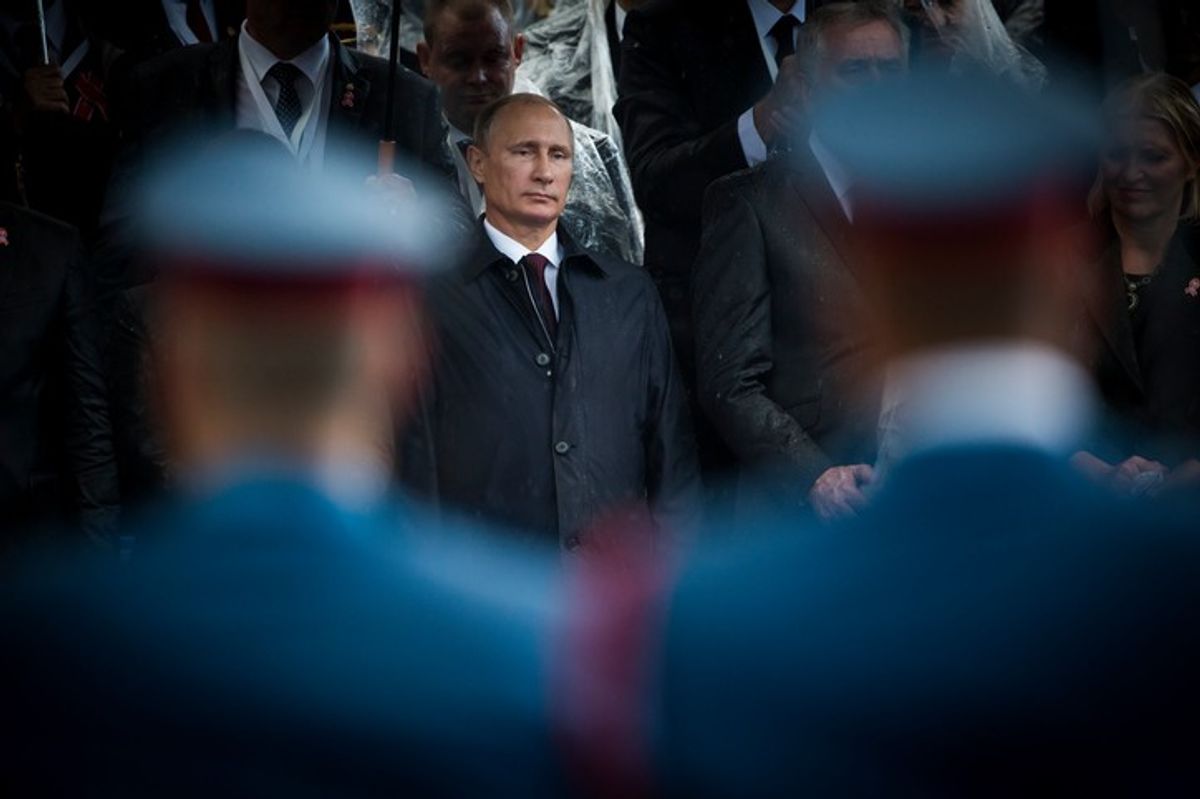The recent series of coordinated bombings that rocked several of Thailand’s popular tourist spots occurred amid an atmosphere of heightened tension within the country. Years of political unrest, the rise of the military junta, and a roll-back of democratic liberties have complicated the process of discerning who perpetrated the attacks and why. As of now, the attack remains unclaimed, and authorities and analysts alike are unsure who the most likely culprits are: anti-junta protestors or insurgents from the country’s Muslim separatist movement in the South. As the country is struggling to return to democracy, its relationship with the U.S. is in flux.
The junta that has ruled the country since May of 2014 is the 12th in Thailand’s history. Led by Commander of the Royal Thai Army Prayut Chan-o-cha, it came to power after a sustained period of political unrest that followed the ousting of Prime Minister Thaksin Shinawatra in the 11th coup d’etat of 2006. Shinawatra, whose powerbase lies in Thailand’s rural north, became influential by wresting power from Bangkok’s elites who had dominated Thai politics. After his removal from power, the period from 2006 to 2014 was marked by political turmoil as power shifted among the military, the traditional Bangkok elites, and Shinawatra’s Pheu Thai Party.
While the current junta has maintained a firm grip since 2014, the Pheu Thai Party and the associated “Red Shirt” movement oppose the junta and seek to return to power. As a countermove, the junta has sought to limit the party’s influence and has even gone so far as using the recent bombing as pretense for greater restrictions on the party. More broadly, junta rule has rolled back personal freedoms and restricted the media, including Internet censorship of any news critical of the government.
Despite its restrictions, the junta appears to have majority support as evidenced by the passing of the junta supported, constitutional referendum on Aug 7th. While the referendum will make it easier for the military to maintain influence over Thai politics for the foreseeable future, it also mandates the resumption of democratic elections in mid-2017. It is expected that the junta’s grip on power and legitimacy is linked to its ability to deliver on this mandate.
International fallout from the 2014 coup has affected Thailand’s diplomatic relationships, particularly with the United States. Secretary of State John Kerry stated he was “disappointed by the decision of the Thai military…” and the Obama Administration subsequently halted military aid and training to the country. This signaled a reversal in previous U.S. policy dating to the Cold War that had accommodated military coups so long as whoever ruled in Bangkok remained firmly in control and aligned with U.S. goals.
Thailand’s longstanding and substantial (and now suspended) role in U.S.-led regional military exercises, means its absence will be sorely missed, as the U.S. continues to seek coalition support in the South China Sea, where China has claimed sovereignty over much of the critical waterway. While historically Thailand has had a history of leaning towards either the U.S. or China, the U.S. sanctions paved the way for Beijing to forge stronger economic, political, and military ties with Bangkok.
Restoring the Thai-American relationship is easier said than done. Pavin Chachavalpongpun, a professor at Kyoto University in Japan, told The Cipher Brief that “Unless Thailand becomes a democratic country again, the United States risks losing its influence and ultimately its strategic interests in Southeast Asia.” However, the U.S. must be wary in how hard it pushes Thailand to reform. Rafael Frankel, Vice President of Bower Group Asia stated that “…current American policy, while ostensibly geared at accelerating Thailand’s return to democracy, is causing the buildup of deep resentment that over the long term has the potential to undermine bilateral relations and affect cooperation across a range of important issues, including, trade, security, and good governance.”
It is clear that the history of political unrest in Thailand will not be overcome quickly or easily. While strong opposition to the junta remains, the passage of the referendum signals that the Thai people see the junta as the most pragmatic route to the return of democratic elections. While most outside observers agree that the country is best served by a return to liberal democracy, the path forward remains unclear. In supporting its oldest bilateral relationship in Asia, the U.S. might consider a softer touch that will put it in a stronger position for when the pendulum of Thai politics swings back.
Will Edwards is an international producer at The Cipher Brief.












